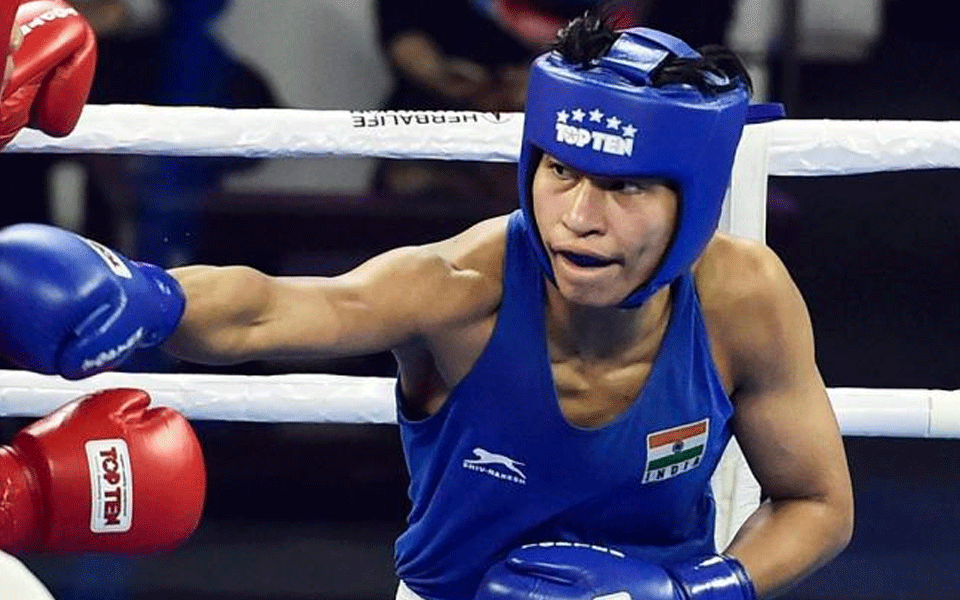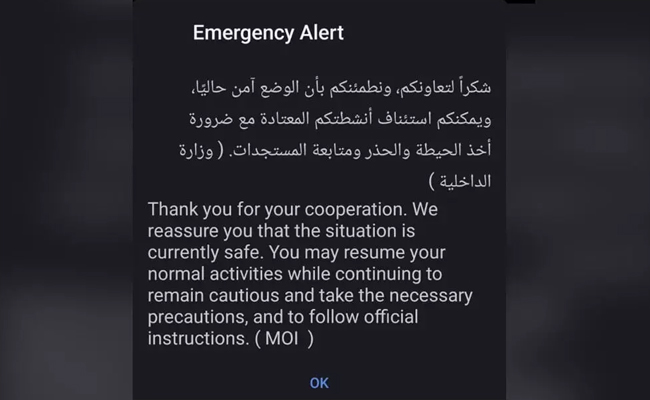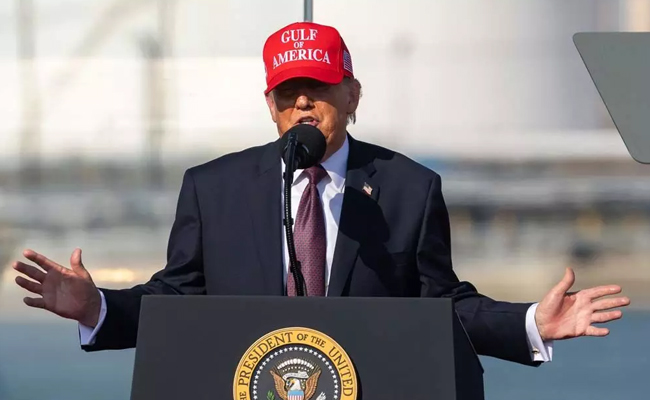Tokyo: Indian boxer Lovlina Borgohain (69kg) signed off with a bronze medal in the Olympic Games after a comprehensive 0-5 loss to reigning world champion Busenaz Surmeneli here on Wednesday, bringing an end to the country's campaign in the sport here.
Up against quite literally a bully in the ring, Borgohain was completely out-punched by the gold medal favourite, who produced a thoroughly dominating performance.
The Assam boxer also coped a one point deduction in the second round for not paying attention to the referee's instructions despite a couple of cautions.
The Indian's start was not all that bad as she stood up to the strong challenge but she came undone after Surmeneli got down to connecting her vicious hooks and body shots.
The third round was especially punishing for Borgohain, who faced two standing eight counts during the bout.
Nonetheless, Borgohain goes home a history-maker as the 23-year-old, who started her career as a Muay Thai practitioner, has become only the third Indian boxer to ensure a podium finish at the showpiece after Vijender Singh (2008) and M C Mary Kom (2012).
Hers is also the first Olympic medal in Indian boxing in nine years.
Surmeneli is also 23 and has collected two gold medals this year internationally.
The former middle-weight (75kg) boxer claims to have promised an Olympic medal to Turkish President Recep Tayyip Erdogan back in 2015 itself.
Let the Truth be known. If you read VB and like VB, please be a VB Supporter and Help us deliver the Truth to one and all.
Srinagar(PTI): Authorities on Monday imposed several restrictions in parts of Kashmir where massive street protests were witnessed over the killing of Iran's supreme leader Ayatollah Ali Khamenei in a joint strike by the US and Israel.
The iconic Ghanta Ghar at Lal Chowk has been sealed with barricades erected all around it, officials said.
They said a large number of police and paramilitary CRPF personnel have been deployed across the city to prevent gatherings of protestors.
Khamenei was killed in an airstrike in Tehran on Saturday during a joint Israel-US attack on Iran. Iranian state media confirmed the same on Sunday, triggering a wave of protests and mourning across the world, including India.
Kashmir — which has about 15 lakh Shias — witnessed major protests at Lal Chowk, Saida Kadal, Budgam, Bandipora, Anantnag and Pulwama, an official said.
The protesters were seen beating their chests as they shouted anti-US and anti-Israel slogans.
The officials said the restrictions were imposed as a precautionary measure to maintain law and order.
Concentrated wires and barricades have been placed at important intersections leading into the city, they said.
Similar curbs have been imposed in Shia-dominated areas in other districts of the valley.
The restrictions come in the backdrop of a one-day strike call given by Mutahida Majlis-e-Ulama (MMU) chairman Mirwaiz Umar Farooq.
"We urge the people to observe it with unity, dignity, and complete peacefulness," the Mirwaiz said.
The MMU strike call was supported by several political parties, including opposition PDP president Mehbooba Mufti.
"Extending our full support and solidarity with the shutdown call of Mirwaiz Umar Farooq on the martyrdom of Iran's Supreme Leader. This is a day of mourning to remind the world that injustice anywhere wounds the entire Muslim Ummah and all who stand for truth," Mufti said.
The authorities have also closed all educational institutions, including private schools, for two days, as a precautionary measure for the safety of students and to maintain law and order.


_vb_99.jpeg)


